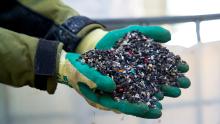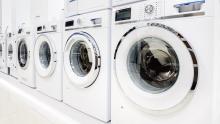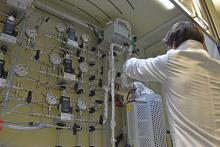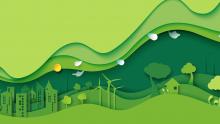Bringing circular economy practices to glass and carbon fibre composites

Composite materials are widely used across multiple industries, yet are difficult to recycle. The EU-funded FiberEUse project developed new solutions to reuse composites and recover their residual properties. The developments could make these structural materials more cost-effective and environmentally friendly.









